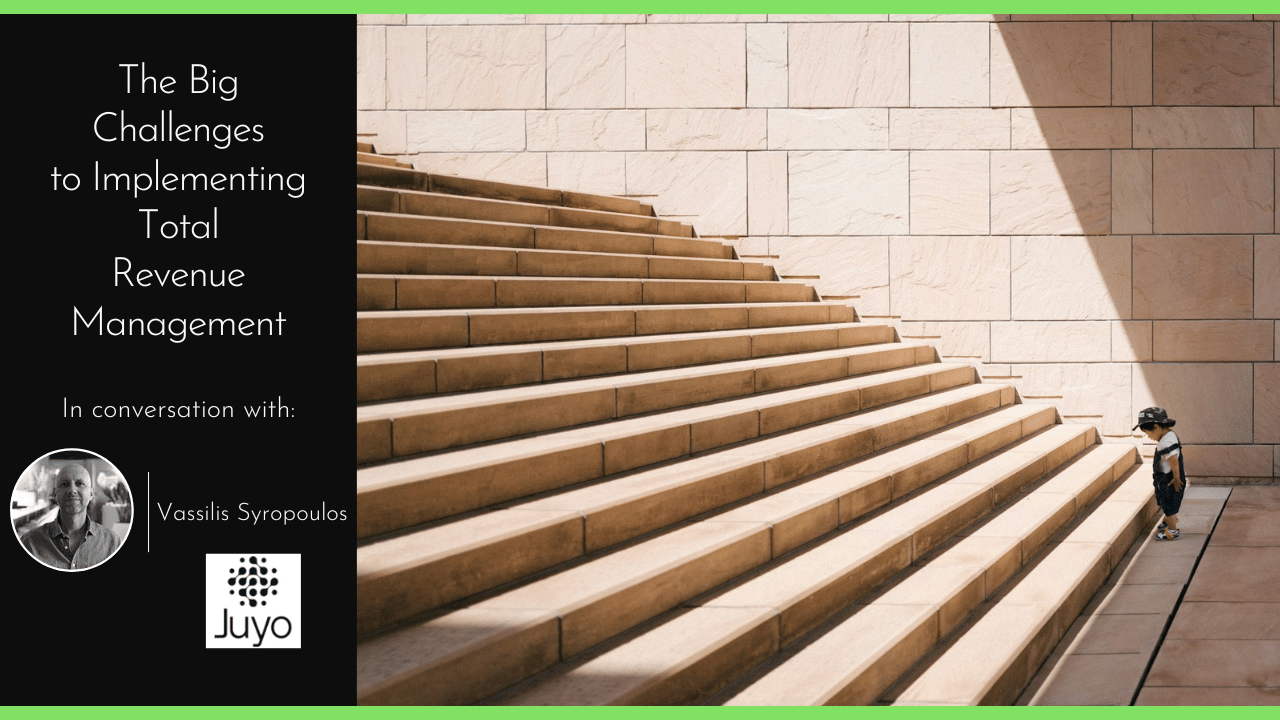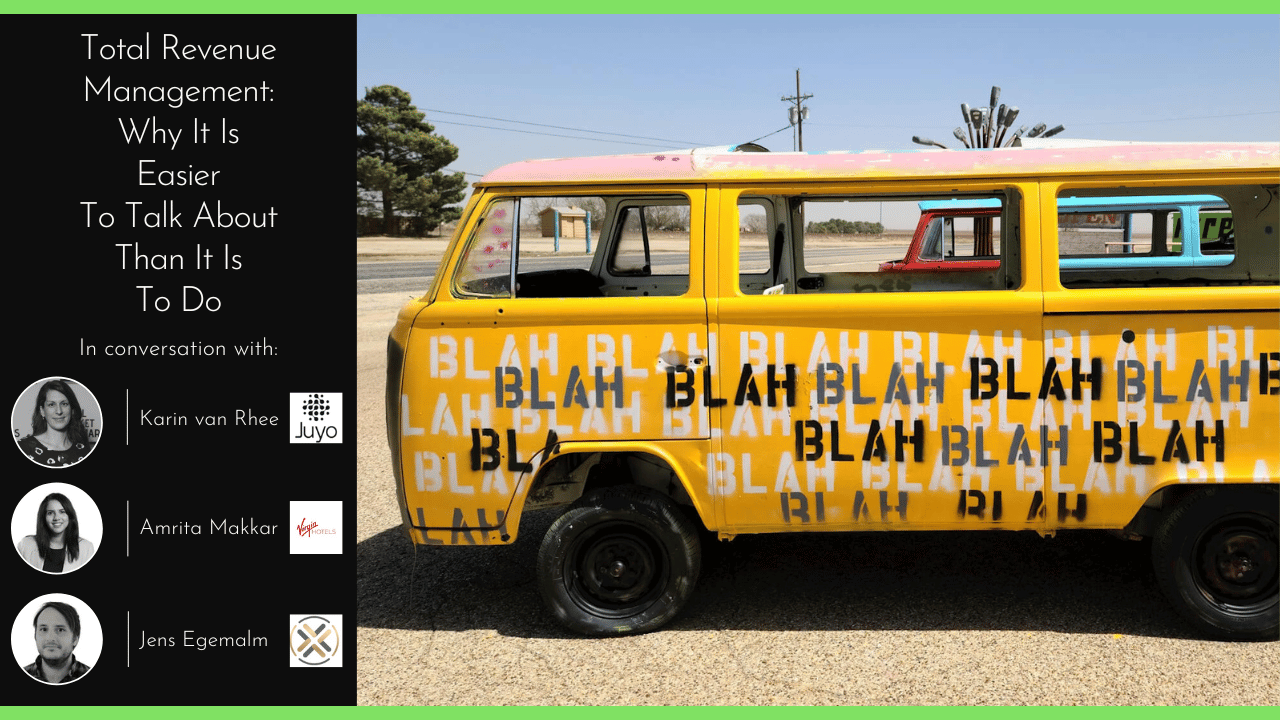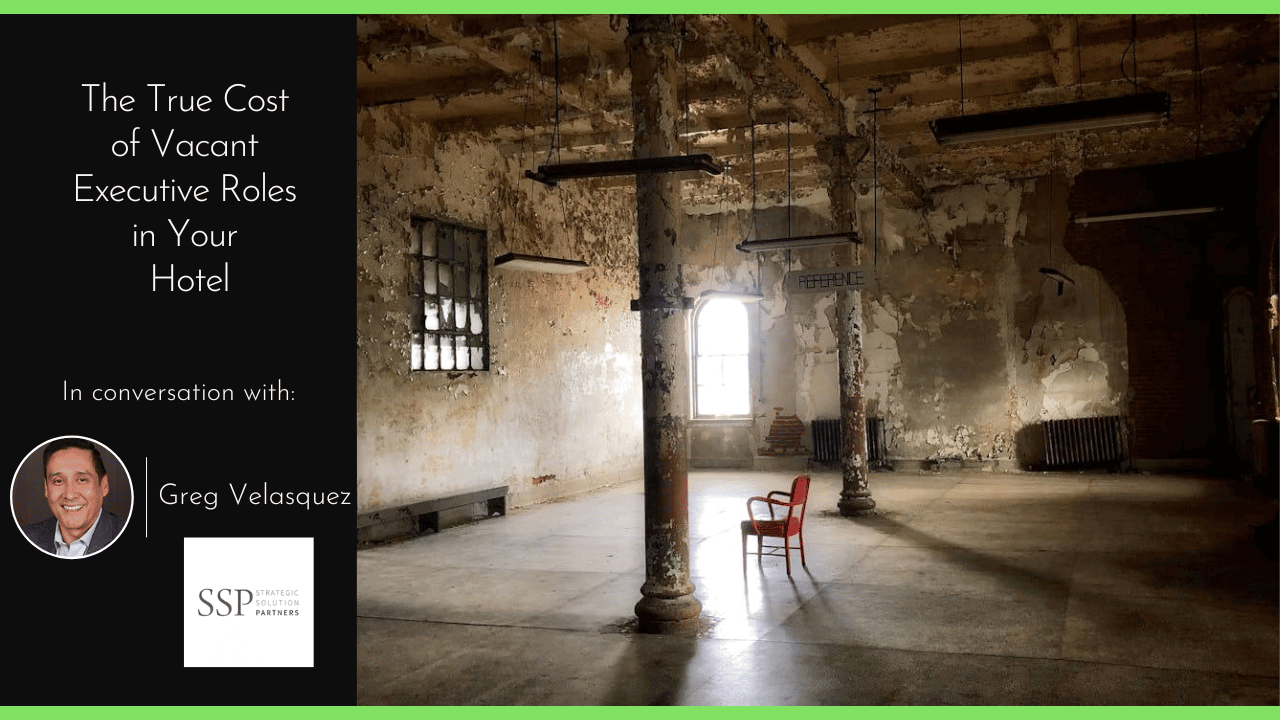
Google’s been pushing for some time that all websites use SSL (Secure Sockets Layer) to ensure higher levels of security across the web. More than half of the websites on the web have already done so, with the most visible result being that the site URL now reads https:// instead of the usual https://.
For the sites that haven’t yet switched, Google announced that they’ll start showing “This website is not secure” messages on any site that has a data-input form, even if it’s just a simple contact message form or newsletter subscription form.

Screenshot showing the kind of warning message Google will start showing on non-secure sites.
There’s always a bit of resistance when Google forcefully recommends web updates (see Google AMP), but in this case, SSL does make sense for most websites and is generally a win/win for consumers and businesses. Your website users feel safe, especially when it comes to entering sensitive information through your site. As for your hotel, it will get a slight SEO boost while also likely boosting the conversion rate at the same time.
When SSL goes wrong
A lot of articles have been written about how to implement SSL security on a website, especially with regard to SEO impacts, particularly to those hotels that already have a strong web presence established. Done incorrectly, you risk losing the organic search rankings you’ve worked hard to build up over the years, which ultimately will reduce the number of direct bookings through your website. Here are a few ways to check for issues with your SSL implementation, or warning signs that the switch to SSL may not have had the desired affects.
A drop in organic traffic and search rankings
The first tell-tale sign that something is not quite right with the SSL setup will be when you notice organic traffic decreasing when it shouldn’t be (e.g. it’s decreasing despite seasonal trends). If you notice a drop in traffic, you should try and pinpoint exactly where the organic traffic has dropped (which landing pages were affected). It should be possible to diagnose which page was causing the traffic loss, which should then allow you to check your organic search rankings (if you’re tracking them, which you should be). It could be that you’ve dropped a few positions for key search terms, resulting in fewer visits.




